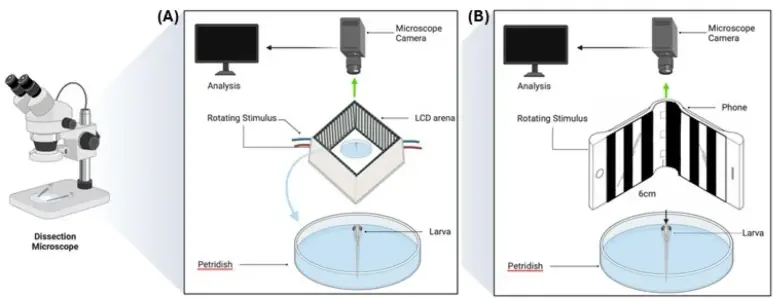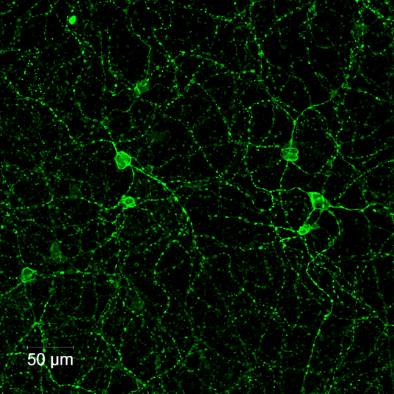@albertcardona they also have strong profile in #circadian research! see this Spring clock club
https://www.bioclocks.uk/news/spring-equinox-in-warwick
Research groups at University of Leicester, studying #genetic, #epigenetic and #evolutionary mechanisms underlying #biologicalclocks, #development, #neurodegeneration, #ageing and #sleep across animal taxa
Dont miss out the early bird registration by 15 June for EBRS, one of the largest circadian sleep research community meeting at Europe and world wide! Hope to see many of you 24-28 August at #Luebeck #Germany #cricadian #sleep
https://ebrs-online.org/index.php/events/ebrs2025/registration.html
On my way home from London Fly Meeting, feeling very proud of Leicester Neurogenetics @NeurogeneticsLeicester PhD Emily Sample who gave a very good talk and gather a lot of feedback, also had a couple celebrations pints at Sommer House Cafe! Also catching up with UCL gangs! Blissful feeling #drosophila rocks! #genetics
#FightForSight Funded #PhD project to work on #zebrafish model of infantile nystagmus! at
@NeurogeneticsLeicester
please boost and spread the words! and contact Dr Mervyn Thomas mt350@le.ac.uk directly for this exciting opportunity!
#neuroscience
We’re capturing the energy of #biologists100 by walking around with a polaroid frame, highlighting the incredible early-career researchers at the conference! ✨
We’re kicking things off with @JontyTownson, the #preLights conference reporter, who is uncovering the stories behind the #preprints being presented.
If you're at the meeting, please come say hi + get your snapshot! 📸
Pinched this photo from Seema Grewal on bsky. Very enjoyable social with the @J_Cell_Sci crew last night around the Albert Dock. #Biologists100
What fruit flies can tell us about human insulin.
https://elifesciences.org/articles/106220?utm_source=mastodon&utm_medium=social&utm_campaign=organic_insights
call for paper
"special issue of ‘Neurobiology of Sleep and Circadian Rhythms’ on all aspects of circadian lighting, from the fundamental neuroscience on the mechanisms mediating responses to light, to studies on circadian rhythm and sleep disruption by the light environment and translational studies optimizing lighting conditions. This may include original articles as well as reviews providing new perspectives on this field"
https://www.sciencedirect.com/special-issue/319333/circadian-lighting
@bioclocksuk
We are excited to welcome everyone to Liverpool for this week’s Biologists @ 100 conference. We will be posting across our social media channels all week and you can follow the action at #biologists100
Excessive olfactory memory in the insomniac fruit fly mutant:
"we report our surprising findings that insomniac (inc) Drosophila short sleep mutants, which lack a crucial adaptor protein for the autism-associated Cullin-3 ubiquitin ligase, exhibited excessive olfactory memory."
And then the paper goes on to inquire into the molecular basis of this, and reports:
"find that a mild attenuation of Protein Kinase A (PKA) signaling specifically rescued the sleep and longevity phenotypes of inc mutants. Surprisingly, this mild PKA signaling reduction further boosted the excessive memory in inc mutants, coupled with further exaggerated mushroom body overgrowth phenotypes."
From:
"Cognitive hyperplasticity drives insomnia", by Huang et al. (Sigrist lab) 2024
https://www.biorxiv.org/content/10.1101/2024.07.16.603670v1.full
Delighted to see our work on #diatom motility published in @pnas.org !🎉 doi.org/10.1073/pnas... These abundant single-celled algae are responsible for a significant portion of the air we breathe yet often overlooked. Here we show how how diatom (raphe) shape impacts their gliding function... 1/3
Given the choice, mice spend less than 1 hour a day in bright environments.
SWC Seminar speaker Dr Stuart Peirson (University of Oxford) discusses circadian rhythms and naturalistic behaviour in our latest Q&A.
Read more ⬇️
https://www.sainsburywellcome.org/web/qa/dawn-dusk-science-behind-light-and-circadian-rhythms
Our @bioclocksuk @A_J_Millar @robchlucas review has been published on how the Bioclocks UK (the UK clock/circadian rhythms community) is helping drive cycles of circadian research and impact. See your at the next Clock club in Warwick
https://royalsocietypublishing.org/doi/10.1098/rstb.2023.0345
Nice to see two of the lab members Mehran Akhtar @mehranakhtar and Xinghua Li @lixinghua are joining Mastodon!! Hopefully they will enjoy this! #lablife
We have an exciting collaborative #PhD project for 2025 investigating the interacting relationship among #seasonality, #microbiota and #sleep the prospective student will work with Leicester Neurogenetic group @NeurogeneticsLeicester and @MarkHanson
please boost and contact me directly for more details (applicant from around the world!)
project description can be found in
https://www.kofanchenlab.net/drosophila-species
or
https://le.ac.uk/study/research-degrees/funded-opportunities/bbsrc-mibtp
What @elduvelle described is very similar here @NeurogeneticsLeicester we are organised by physical labs so currently my supervisees are split into location (their choices not mine 😁 as each lab has slightly different managing style) so technically I am grouped in two labs sharing management issues and lab meetings, It is a great intellectual boost, my supervisees will otherwise not received, but in terms of "lab brand" they are supervised by "Chen lab"
Hello @rhyseverquill @krishgm !
Meet @NeurogeneticsLeicester ... If you haven't already. Also local to you, @bioclocksuk
One month left to submit an abstract for the Gordon Research Seminar on Speciation 2025! This is a great platform for students and postdocs to discuss their work and get to know each other before the GRC conference. https://www.grc.org/speciation-grs-conference/2025/. Please spread the word :)
Should we get rid of #DaylightSavings? The British Sleep Society have published their position on the matter (https://onlinelibrary.wiley.com/doi/10.1111/jsr.14352).
Dr Maria Gardani, an author on the paper, summarises the key points in the debate: https://impact.ed.ac.uk/opinion/why-daylight-savings-should-be-put-to-bed/


